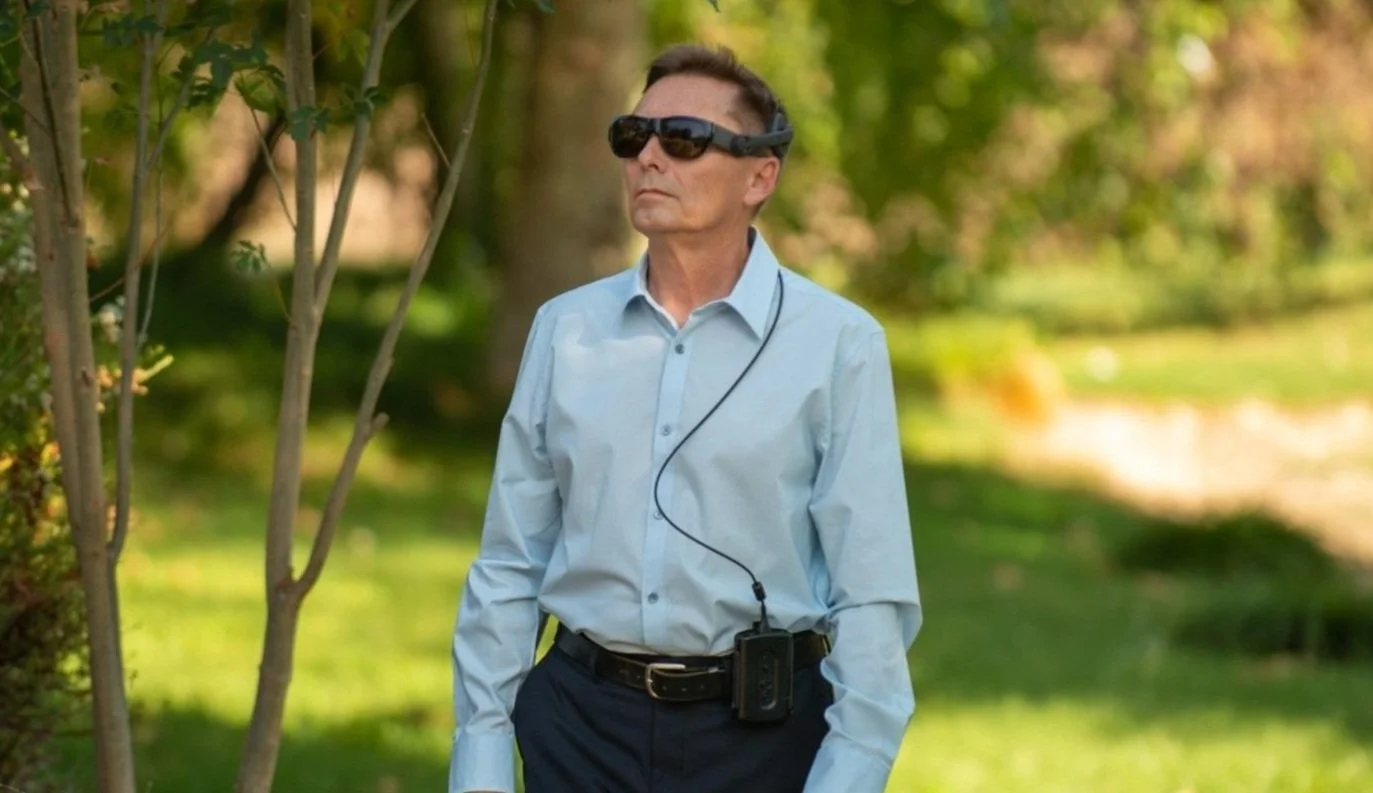
Powering brain connections to recover critical body functions.
Building a more precise machine-to-human interface for the brain.
Our neurostimulation technology incorporates a proprietary data processing unit that allows us to wirelessly control a microelectronic implant. Containing a unique array of 60 electrodes on the brain’s surface, the implant can send targeted electrical signals to a specific part of the brain, intended to either deliver artificial vision or create connections to certain muscles to improve hand/arm movement in paralysis due to stroke.
Applications Under Development
We have only just begun to explore the potential of our technology. As we continue to refine and expand the ways our medical devices target specific neurons and their associated functions, we will strive to help people who are afflicted with a variety of serious medical conditions.
-
Motor Skill Recovery after Stroke
Stimulating the motor cortex has the potential to improve muscle function in patients who have been partially paralyzed due to a stroke.
-
Artificial Vision
Stimulating the visual cortex is under investigation to help people suffering from profound blindness regain a sense of visual perception.
Not an actual Orion patient
The goal of Orion is to provide artificial vision to blind individuals.
Our lead product candidate, the Orion® Visual Cortical Prosthesis System (“Orion”), is a novel medical device system that leverages our neurostimulation technology and seeks to provide artificial vision to patients with nearly all forms of profound blindness, including glaucoma, diabetic retinopathy, optic nerve injury or disease, or eye trauma.
We built Orion
on the core technology of Argus II.
The world’s first FDA-approved device to provide artificial vision*
The Argus® Retinal Prosthesis System (“Argus II”) was approved for blind individuals with a rare condition called retinitis pigmentosa. Cortigent has discontinued this product to focus on developing Orion, which is designed to deliver artificial vision to a much larger population of profoundly blind individuals.
*Authorized by Federal (U.S.) law under a Humanitarian Device Exemption to provide electrical stimulation of the retina to induce visual perception in blind patients with severe to profound retinitis pigmentosa and bare light or no light perception in both eyes.
The goal of our new medical device system is to accelerate recovery for stroke victims.
Leveraging our neurostimulation technology, we are developing a new medical device system designed to improve the recovery of hand and arm movement in partially paralyzed stroke patients undergoing rehabilitation. We believe that our 60-channel system has the potential to selectively target neurons to enhance muscle movement recovery.
NEWS.PRESS.UPDATES

Prospective Studies
Not an Actual Orion User
General Inquiries



